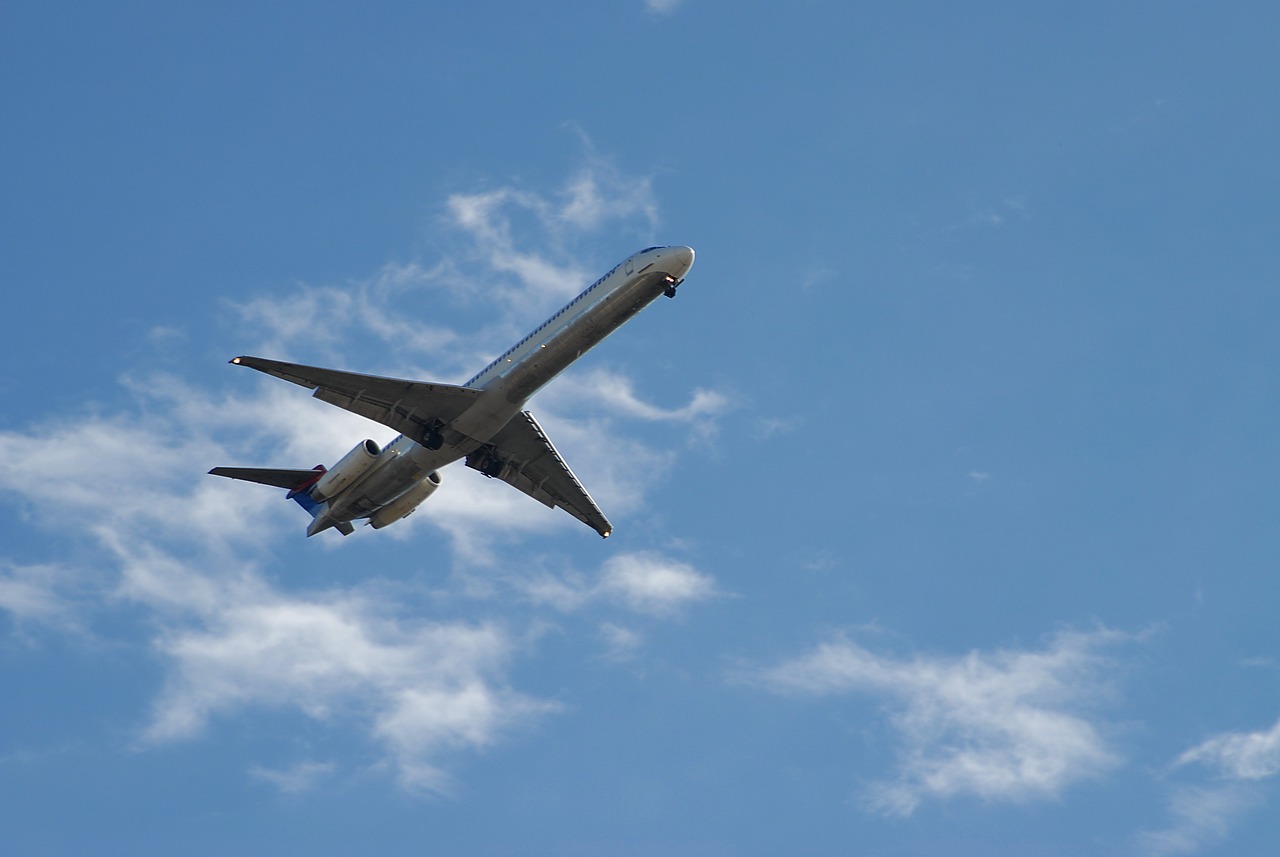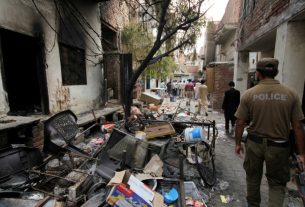Introduction
On Monday, October 2024, two major U.S. airlines, Spirit Airlines and JetBlue, were involved in alarming incidents involving gunfire while their planes were attempting to land in Port-au-Prince, the capital of Haiti. Both airlines confirmed that their aircrafts were struck by gunfire during their final approach to Toussaint Louverture International Airport, one of the busiest airfields in the country.
In response to the threats, Spirit Airlines flight 143, which was en route from Fort Lauderdale, was diverted to Santo Domingo in the Dominican Republic as a precautionary measure. Similarly, JetBlue reported discovering bullet holes on one of its planes, which had been on a separate flight to Haiti from New York. Fortunately, no injuries were reported in either case, but the incidents highlight the ongoing instability and security risks in Haiti, which has been grappling with escalating violence in recent years.
The Incident: What Happened?
According to reports from both Spirit Airlines and JetBlue, the aircrafts were hit while descending into Port-au-Prince, a city that has witnessed increasing levels of violence due to the ongoing political and economic crises in Haiti.
- Spirit Airlines Flight 143 was nearing its landing approach to Toussaint Louverture International Airport when gunfire struck the plane. The airline, in coordination with local authorities, made the decision to divert the flight to the Dominican Republic, where it safely landed at Las Américas International Airport in Santo Domingo.
- Later that evening, JetBlue confirmed that one of its aircrafts, which had departed from John F. Kennedy International Airport in New York, was also hit by gunfire during its descent into Port-au-Prince. JetBlue did not disclose the exact location where the gunfire struck the aircraft but did report that it was a “minor” incident, and the plane was able to land safely. Bullet holes were later discovered on the fuselage, but no injuries occurred.
Both airlines are investigating the events in collaboration with local Haitian authorities and the Federal Aviation Administration (FAA). Haiti has faced a severe security crisis over the past few years, with violent gangs increasingly targeting key infrastructure, including airports and port facilities.
The Security Situation in Haiti
The recent gunfire incidents are part of a broader pattern of violence and instability that has plagued Haiti in recent years. The country has been dealing with widespread gang violence, particularly in the capital, Port-au-Prince, where gangs control large portions of the city and its surrounding areas. These groups often engage in armed confrontations with law enforcement, as well as with each other, and have targeted essential infrastructure, including transportation routes, commercial properties, and now, airports.
Haiti’s economic collapse, political instability, and a lack of effective governance have contributed to the escalation of gang control in the country. The absence of a functional central government, particularly after the assassination of President Jovenel Moïse in July 2021, has exacerbated the security crisis. With public services compromised, many foreign organizations, including airlines, have had to reassess their operations in the region.
In response to this surge in violence, both domestic and international aviation authorities have taken steps to ensure the safety of air travelers, including advising airlines on alternative flight routes and diversion protocols in case of emergencies. However, the recent incidents underscore the growing risk to both passengers and crew flying to and from Haiti.
Impact on the Aviation Industry
While no fatalities were reported in the Spirit Airlines and JetBlue incidents, these events raise significant concerns about the safety of aviation operations in Haiti. Airline security experts are warning that if these types of incidents continue, the overall perception of Haiti as a safe destination for air travel could suffer.
- Haitian aviation authorities have yet to officially comment on the incidents, but the response from U.S. airlines indicates that they are taking all necessary precautions to safeguard their flights into Haiti. Airlines such as Spirit and JetBlue may reconsider the frequency of flights or adjust their flight paths to mitigate risks. This could have significant economic implications for Haiti, which heavily relies on tourism and remittances from the Haitian diaspora, as well as international trade that depends on air transport.
- The U.S. State Department has also issued travel advisories cautioning U.S. citizens about the dangers of traveling to Haiti, urging travelers to exercise heightened vigilance and reconsider travel plans if possible.
Global Reactions and Airline Responses
In light of these incidents, both Spirit Airlines and JetBlue have expressed concern over the safety of their crews and passengers. Spirit Airlines released a statement confirming that it was working closely with the FAA and local authorities to investigate the incident and ensure the safety of future flights to Haiti. Similarly, JetBlue emphasized that it was prioritizing safety and would continue to monitor the situation closely.
Many aviation analysts are now questioning whether the FAA will impose new restrictions or advisories for airlines flying into Haiti. The situation will likely be closely monitored by other international carriers as well, as they assess the risks of flying into regions experiencing significant instability.
- JetBlue has already offered to assist passengers with alternative travel arrangements and said it would continue to work with the relevant authorities to ensure the safety of future flights into Haiti. Spirit Airlines echoed this commitment, stating that the airline would “remain in close coordination with relevant authorities to ensure that all necessary precautions are taken.”
Implications for Haiti and International Relations
The gunfire incidents come at a time of mounting pressure on Haiti’s government, which has struggled to maintain order and respond effectively to the escalating violence. With gangs increasingly targeting key infrastructure, there are growing concerns that the international community will have to take a more active role in stabilizing the country.
While the U.S. and other countries have pledged humanitarian aid to Haiti, calls for more direct intervention—potentially in the form of peacekeeping forces or increased support for local law enforcement—have grown louder. The latest incidents involving airlines may also intensify international scrutiny of Haiti’s security situation.
Conclusion
The gunfire incidents involving Spirit Airlines and JetBlue are alarming but not entirely unexpected given the deteriorating security conditions in Haiti. While both airlines have acted swiftly to ensure the safety of their passengers and crew, these events underscore the need for a broader, more coordinated response to the crisis in Haiti. The Haitian government, in conjunction with international bodies, will need to take significant steps to restore security and order to prevent further disruptions to aviation operations and ensure the safety of travelers.
In the meantime, travelers and airlines alike will need to remain vigilant, as the situation in Haiti continues to evolve. The recent incidents also raise important questions about the broader implications of aviation security in volatile regions and the steps that must be taken to safeguard air travel in times of political and social unrest.
References
You can check these sources for up-to-date information on this issue:
- Spirit Airlines: https://www.spirit.com
- JetBlue: https://www.jetblue.com
- US State Department Travel Advisory: https://travel.state.gov/content/travel/en/traveladvisories/traveladvisories.html
- Haitian Security Situation and Aviation Risks: BBC News
- UN on Haiti’s Security Crisis: United Nations News
These links will provide you with further insights into the events and broader context surrounding the situation in Haiti.



